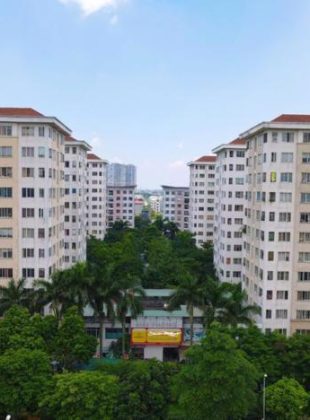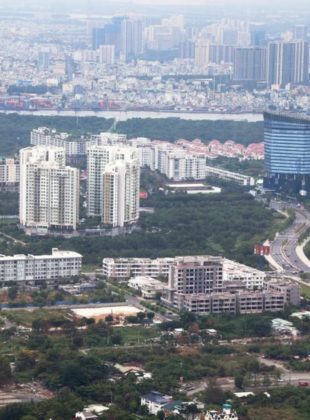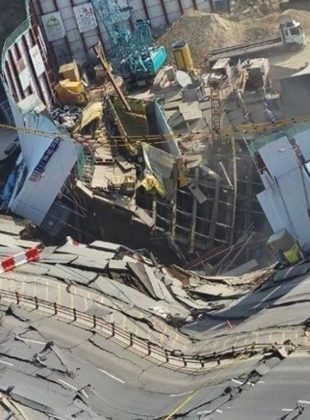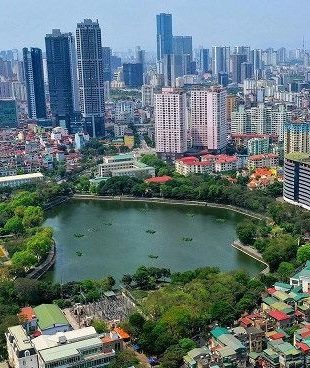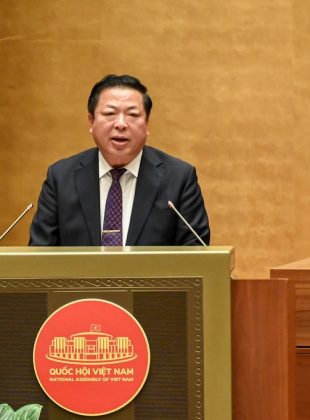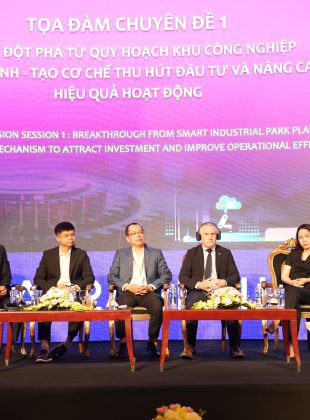On October 3, Becamex Tokyu Co., Ltd., in collaboration with Phenikaa-X, Nippon Koei Vietnam and local authorities officially organized the driving test for Phenikaa’s autonomous vehicle that traveled driverless on a 750-meter-long distance from Binh Duong Province’s Administrative Center to Hikari commercial complex.
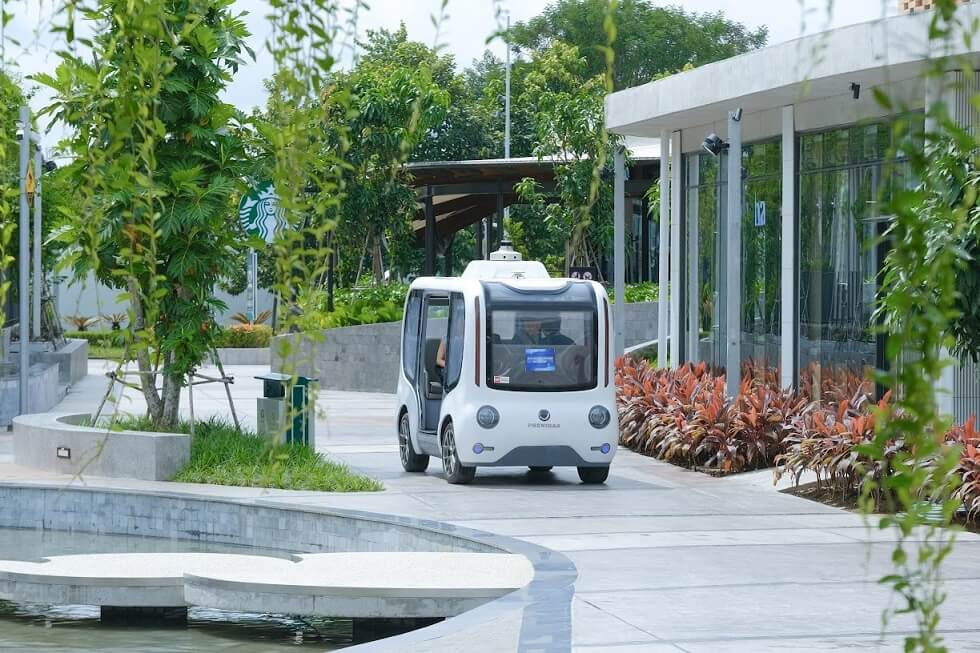
Autonomous vehicles are expected to be a smart and modern means of transportation in the future
This is the first time in Vietnam that self-driving cars have been tested on the public transport system. The autonomous vehicle project is expected to connect with other smart means of transportation to become part of the smart and modern public transport system in Binh Duong New City in the future.
Autonomous vehicles – an intelligent transportation solution for smart city development
Previously, the Phenikaa autonomous vehicles had been tested on the internal roads of Phenikaa University Hanoi since its launch in 2021. Currently, the testing time lasts nine days, from October 1 to 9. The route on October 3 is 750 meters long, from the Hikari complex to the Binh Duong Province Administrative Center. The vehicle is capable of traveling for about 100 kilometers, with the maximum speed of 40 km/h and the maximum payload of 600 kilograms (equivalent to 4-5 guests). In the remaining days, the vehicle runs every 180 meters each time at the Hikari complex.
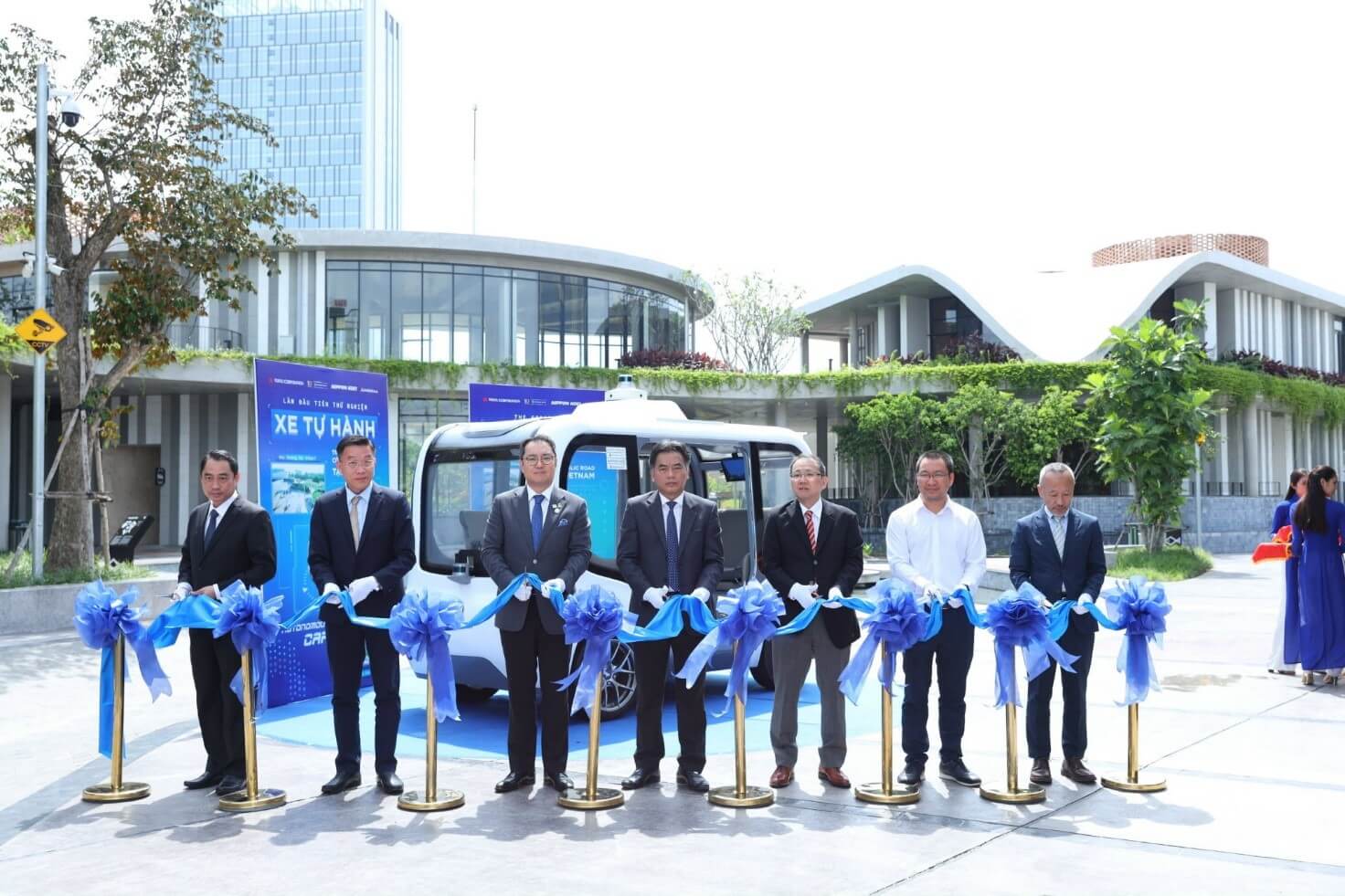
Representatives of local authorities in Binh Duong Province, Becamex Tokyu, Phenikaa-X and Nippon Koei Vietnam at the official testing ceremony of Phenikaa autonomous vehicles
During the testing operation, the organizers conducted verification of the vehicle’s safety as well as capacity in addition to passenger surveys.
The data will be analyzed with an aim to map out how to promote urban development through intelligent solutions. This trial is part of the “Research on realizing TOD-type urban development using smart technology in Southeast Asia” by Japan’s Ministry of Land, Infrastructure, Transport and Tourism of Japan (*TOD – Transit Oriented Development means taking the development orientation of the public transport system as the basis for urban development planning).
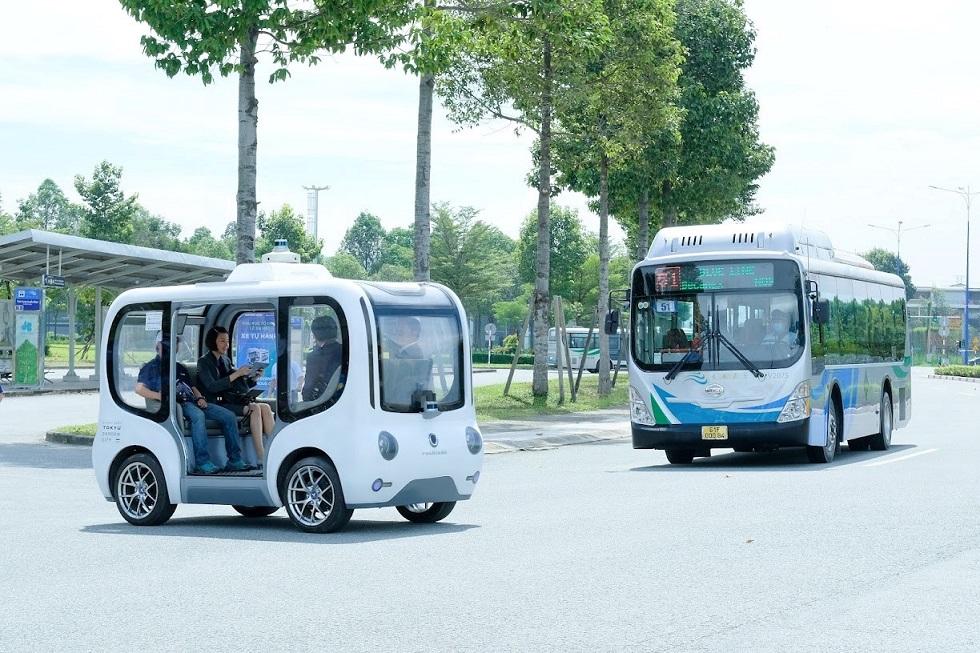
A Phenika autonomous vehicle is seen in Binh Duong New City
Autonomous vehicles are a new concept not only in Vietnam but also in the world. In Vietnam, the Phenikaa autonomous vehicles were first launched on March 26, 2021 after a long time of testing at Phenikaa University Hanoi. This is a breakthrough for the world of smart application and communication technology, local and foreign alike.
Applying the most advanced technologies in the world, Phenikaa Vietnam has researched, developed and perfected the first Level-4 autonomous vehicle in Vietnam. According to the American Society of Automotive Engineers (SAE), there are five levels of autonomous vehicles.
Autonomous vehicles that are driverless are extremely safe because of the super-sensitive sensor system. Furthermore, passengers can book a car through the app developed by Phenikaa-X. With outstanding intelligent features such as cruise control system, lane control system, collision warning and speed adjustment, etc., the Phenikaa-X self-propelled vehicle helps make the space more modern, smarter and environmentally friendly, contributing to develop smart cities from smart traffic solutions.
Connecting the intelligent public transport system in Binh Duong New City
According to a representative of Becamex Tokyu Co., Ltd., the autonomous vehicle is expected to be a pioneer, connecting with other smart vehicles in the future to take part in a smart and modern public transport system in the Binh Duong New City.
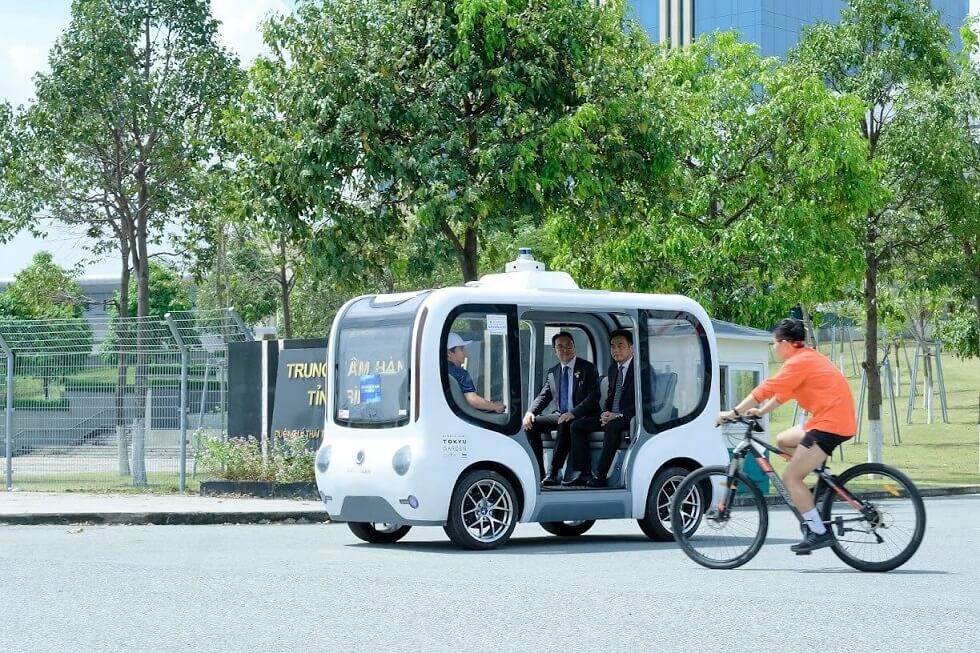
Autonomous vehicles that are driverless make the space become more prosperous, smarter and environmentally friendly
From June 2022, Binh Duong New City has been honorably recognized as TOP 7 communities with typical Smart City development strategies in the world in 2022 by the the Intelligent Community Forum (ICF). Becamex Tokyu is one of the pioneering developers in the urban field that has made active contributions to urban development in Binh Duong New City. In the past 10 years, this unit has not only contributed to changing the face of the city with typical works but also participated in the software field with the goal of achieving sustainable development in such areas as transportation, culture, and education.
In transportation, the smart bus project KAZE Bus implemented by Becamex Tokyu is one of the key projects, making a significant contribution to the increase of local transport traffic.
“We have always maintained the goal of encouraging the use of public transport with many new solutions and projects for the people, including the development of autonomous vehicles,” Becamex Tokyu representative said.
As one of the outstanding projects marking the urban development in TOKYU Garden City of Becamex Tokyu, Hikari Expansion is the second phase of the Hikari commercial complex of TOKYU Garden City urban area in Binh Duong New City located in near the Binh Duong Province Administrative Center.
With a total project area of 18,500 square meters, Hikari Expansion is not only a commercial project, but also a place for customers to think and practice factors such as sustainability, community and quality from different aspects, and propose new ways of life for those who are living, working or simply visiting Binh Duong New City. Hikari Expansion has been honored “Future Project of the Year” – Ashui Awards 2021.




